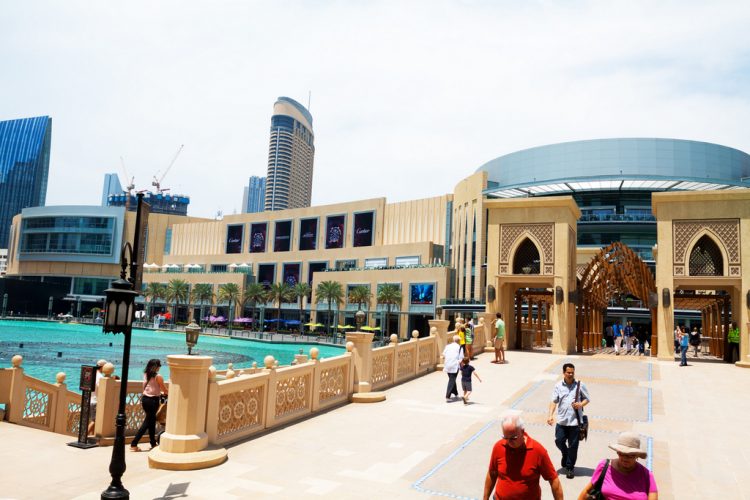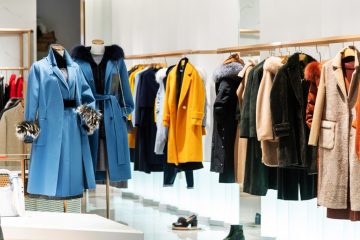Luxury Retailers Embrace the New Future of Retail in Dubai

With just three weeks until Eid, the Festival of Breaking the Fast, retailers in MENA and other Muslim countries are hoping that the coronavirus will not dampen the celebrations and spending boom that have traditionally marked the end of Ramadan.
While the MENA region as a whole has not escaped the impact of coronavirus, the relatively low incidence in the UAE — particularly when compared to Europe and other regional giants such as Iran or Turkey — has made it possible for Dubai and Abu Dhabi to ease restrictions on its malls.
This will be particularly good news for the many luxury brands that have turned the Middle East region into one of the fastest growing markets for luxury spending per capita, according to Deloitte Global.
Dubai and Abu Dhabi are home to several off the world’s largest shopping malls and reopening them is essential for the government’s plan to gradually resume economic activities. These shopping malls, which are the centre of luxury shopping in the Middle East, attract visitors from near and far with an unrivaled selection of stores and lavish settings.
For example, the Dubai Mall (pictured) houses 1,000-plus retailers, including High Street favorites like Zara and TopShop as well as 200 of the world’s top luxury brands, from Cartier to Christian Louboutin.
Operating in the New Retail Reality
Shopping malls won’t be operating at full capacity, but rather observing the social distancing and reduced hours – a new reality all retail businesses will have to face as they carefully return to business around the world. Shoppers will be required to wear masks and gloves, use cashless payments, and only limited parking will be available – effectively limiting the number of patrons in the mall at any given time.
Commercial centers and shopping malls in Abu Dhabi, for example, will be required to screen all its in-store employees for Covid-19 and obtain a negative result for the virus before being allowed to re-open their stores. Some malls are offering additional waivers on the usual charges, including base rent, water, and marketing.
Limited opening hours for the public are also intended to ensure retailers have enough time to apply more rigorous cleaning routines. And it allows them to cut costs and save on utility bills, giving retailers more time to ramp up their revenue with the new limitations in place.
Luxury Brands Catapulted into the Future of Retail
For luxury brands, the “new normal” does not look very different from the way they have traditionally operated in the region. The lure of exclusivity means lavishing care and attention on a select few at a time, so just by having their stores open and ensuring the utmost care to their customers may be enough bring back their loyal customers.
And for the avid customers who still wish to avoid malls, many now have the option of shopping for luxury brands at virtual stores with even greater flexibility than before. Mall of the Emirates, for example, has made it possible to browse and reserve the latest luxury collections from Miu Miu to Jimmy Choo and get it delivered to your doorstep.
Read more about the evolution of retail in MENA in our previous blogpost or watch our on-demand webinar “Winning Omnichannel Opportunities for Retailers in the Middle East”.



